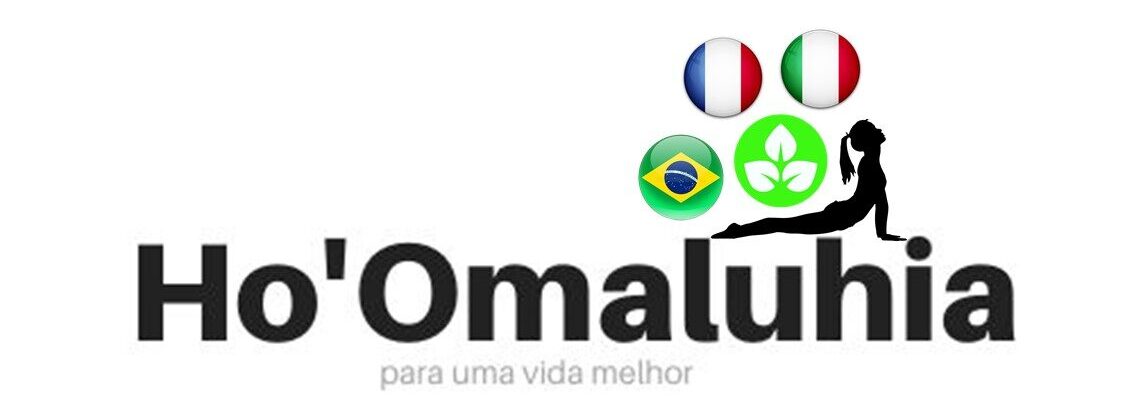Pronome pessoal (Personal)
Reto: I, you, he, she, it, we, you, they
Aparece antes do verbo (= sujeito) e após “be“, as, than, “say“.
Oblíquo: me, you, him, her, it, us, you, them
Aparece após verbo (= objeto) e após preposição.
Possessive (Concorda com o possuidor)
Adjetivos: my, your, his, her, its, our, your, their
Aparece antes de substantivo: The car has its engine. [engine = substantivo, its = adjetivo]
Pronomes: mine, yours, hers, its, ours, yours, theirs
Aparece não seguido por substantivo: That doll is mine. [mine = pronome, não é seguido por um substantivo]
Past simple
(+) 2ª forma da lista: I sang (I) / studied (R).
(–) I did not sing / study.
Aparece com yesterday, last year, in 2002, one week ago, fato bíblico ou histórico.
pas. s. + when / as soon as + pas. s.
Present Simple
(+) 1ª forma: I sing / he sings.
(–) I do not sing / He does not sing.
- He / She / It: 1ª + s / es / ies
Aparece com always, generally, usually, never, sometimes, every week, often, frequently, seldom, once a year, on Mondays, profissão, today, nacionalidade, aptidão, hábito.
Relative (Concorda com o antecedente)
Who
Quem (sujeito – pessoa): The girl who is here…
Whom
Quem (objeto – pessoa): The girl whom you saw…
Which
Que (coisa, animal, vegetal): The dog which was…
That
= Who, Whom, Which
Where
Onde (lugar)
Whose
De quem, cujo (= posse)
When
Quando (tempo)
Oração Condicional
If / Unless + …
- … + presente simples + futuro simples
- … + passado simples + condicional simples
- … + passado perfeito + condicional perfeito
Indefinite
Much / Little
Much (muito) / Little (pouco) + sugar (subst. singular incontável)
Many / Few
Many (muitos) / Few (poucos) + books (subst. plural)
